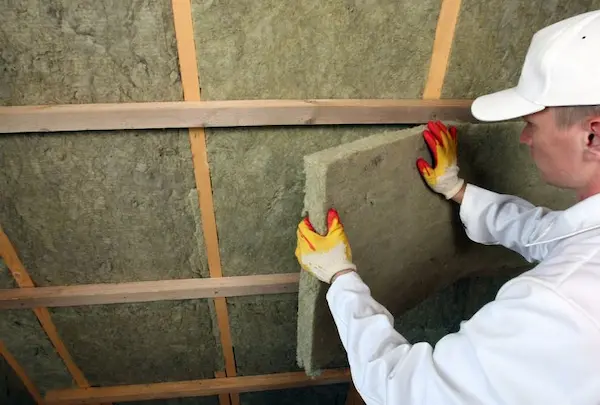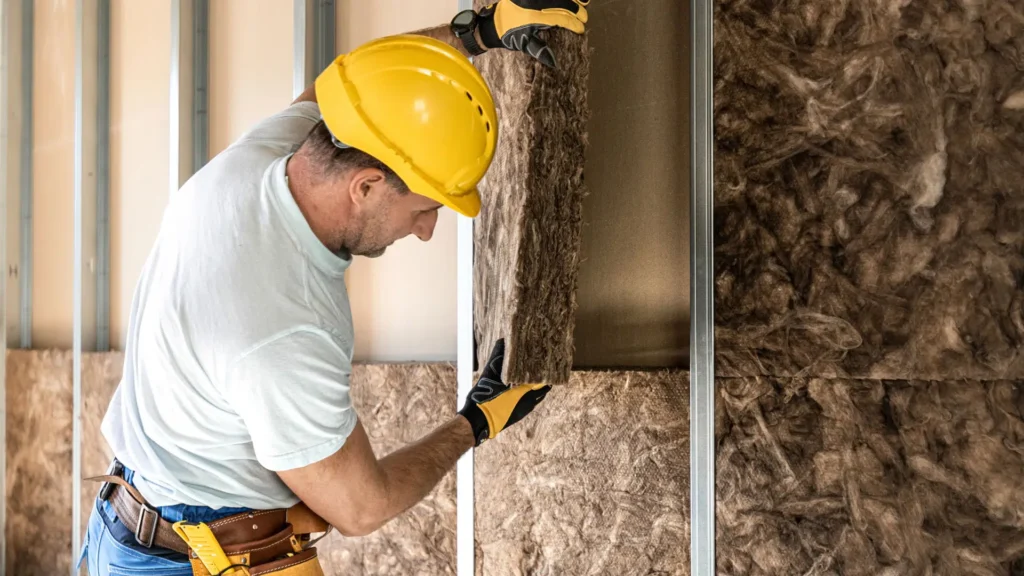Good sound management is what will create comfort and functionality in the space; this applies both in homes, offices, and industries. Sound insulation reduces noise, improves privacy, and enhances sound quality. Choosing the right one is, however, overwhelming since there are various options available. The following are the top 10 tips to simplify the selection process for acoustic insulation.

1. Know Your Acoustic Insulation Purpose
Understand the purpose of the insulation. Are you looking to block noise from the outside, reduce echoes, or sound transmission between rooms? This will give you a good idea of the most suitable acoustic insulation options to consider.
2. Material’s Acoustic Performance
Acoustic performance is usually measured by two factors:
Noise Reduction Coefficient (NRC): Determines the amount of sound a material absorbs. Higher NRC values are better at eliminating echoes.
Sound Transmission Class (STC): Measures how well a material reduces the transmission of sound through walls or floors. Use higher STC-rated insulation for better soundproofing.
3. Insulation Type Selection
There are different types of acoustic insulation for specific purposes:
Fiberglass Insulation: Inexpensive and suitable for residential applications.
Mineral Wool: Very fire-resistant and can be used in a factory environment.
Foam Panels: Lightweight, great for studios and offices.
Acoustic Boards High density can block a lot of sounds.
Choose the one best suited to your particular need.
4. Consider Thermal Properties
Some acoustic insulation materials also provide thermal insulation, hence energy efficiency. If you require a solution that serves a dual purpose, consider the thermal resistance (R-value) in addition to its acoustic properties.
5. Consider Safety Standards
Safety is an important consideration when selecting insulation. The materials should:
Be fire-resistant and meet the fire safety standards of your region.
Be non-toxic and produce minimal VOC emissions.
6. Assess Installation Requirements
Ease of installation may impact the project timeline and budget as well. Some materials, such as foam panels, are easily installed. Others, like mineral wool, need professional installation. Consider how easily it can be integrated into your construction plans.
7. Match the Material to Your Environment
Different spaces have different needs
Residential: Concerns with comfort and privacy.
Commercial: Improve productivity by reducing distractions.
Industrial: Durable, high-performance insulation has to be used to control machinery noise.
8. Durability and Maintenance
Invest in sustainable materials that will last long with fewer maintenance requirements. Having moisture-resistant insulation can help preventmouldd growth and degradation when living in moist areas.
9. Value vs. Cost
Budget is a major aspect, but long-term value should also be put above short-term cost. Although proper acoustic insulation is expensive, you save money on them in the long run since they also help save on energy consumption and fewer maintenance requirements.
10. Seek Professional Opinions
Every space is unique, and the ideal solution often depends upon various factors like room dimensions, the type of material applied in construction, and acoustic requirements. Experts like those at Perfect Acoustics Dubai could provide suitable recommendations based on your specific needs.
Conclusion
There is nothing more important than selecting the right acoustic insulation to achieve superior sound management within an environment that promotes comfort and productivity. Considering material performance, safety, and professional advice helps make an intelligent choice.
With Perfect Acoustics Dubai, you’re not just choosing a product—you’re investing in a solution that transforms your space. Contact us today to explore our range of acoustic insulation options and take the first step towards soundproofing excellence.

